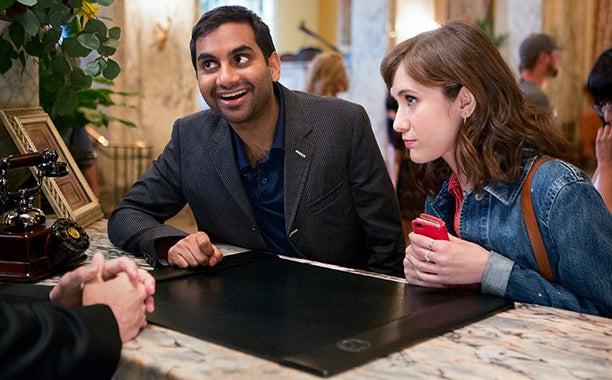WCP: Master of None Lacks Class
Posted in Visiting Scholars | Tagged Aziz Anzari, Class, Comedy, Diversity, Immgrants, Immigration, Inequality, Master of None, Millennials, Netflix, Precariat, Racism, Sexism, WCP, Working-Class Perspectives
Aziz Anzari’s Master of None gets a lot of things right. Its attention to racism, sexism, diversity, and the immigrant-family experience make the hilarious new Netflix series feel like a breath of fresh air. Yet as Prof. Colby King observes in this week’s Working-Class Perspective, the show neglects issues of class and economy precarity that permeate the life of millennials, particularly in New York City.
The successes of this show are many, and they should be celebrated. But with all of its successes, a problem with Master of None, especially with using it as a proxy for the reality of the millennial generation, is the way it glosses over social class and the economic precariousness many people of this generation struggle with every day. The characters live in beautiful, spacious apartments. School and loan debt is hardly mentioned. We never hear concerns about bills, or even the cost of drinks at the hip bars where the characters meet. In a show that addresses racism, sexism, diversity, and the immigrant-family experience so head on, the lack of attention to economic inequality or classism is striking.
Take a gander at the post in its entirety and other Working-Class Perspectives on our website.

